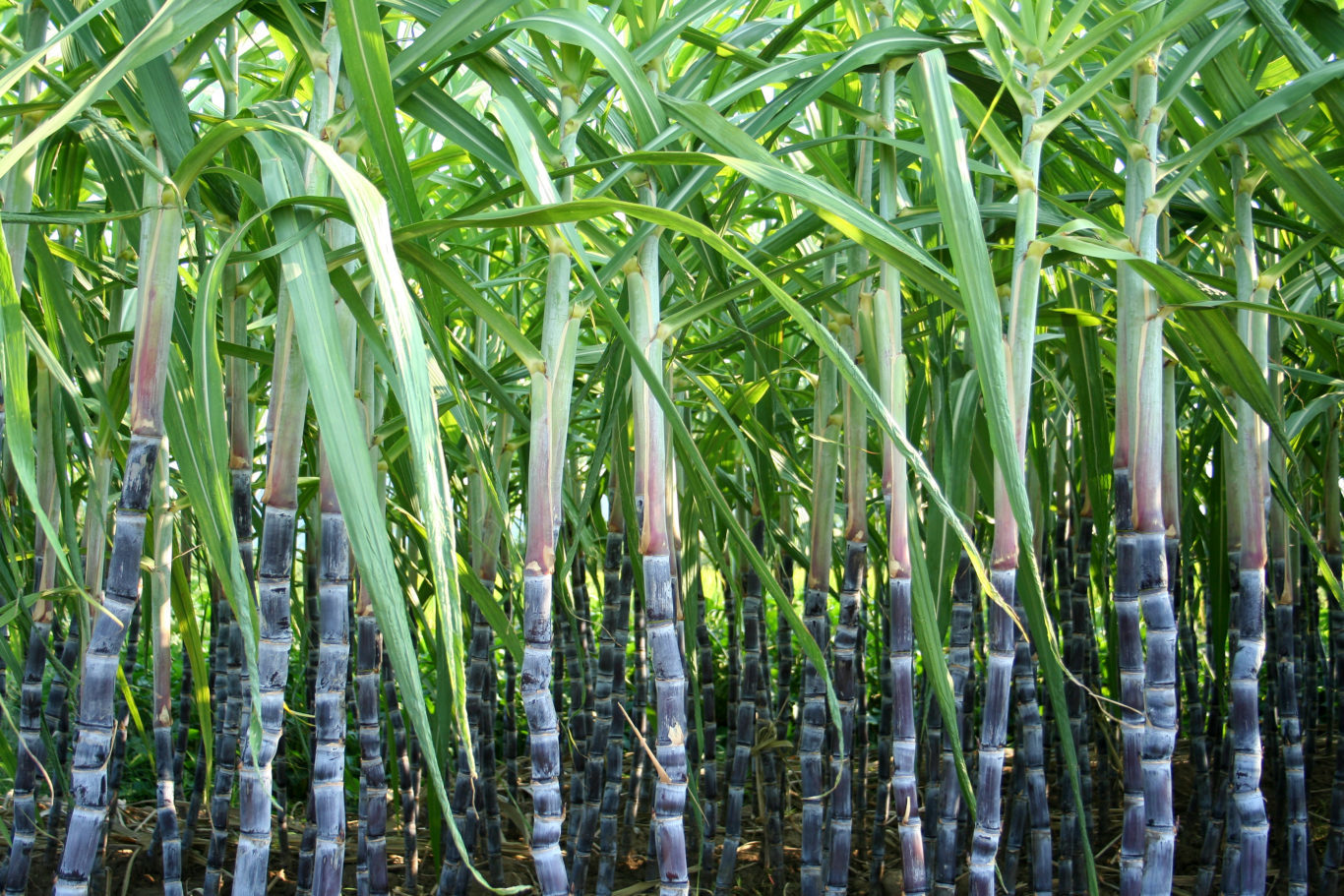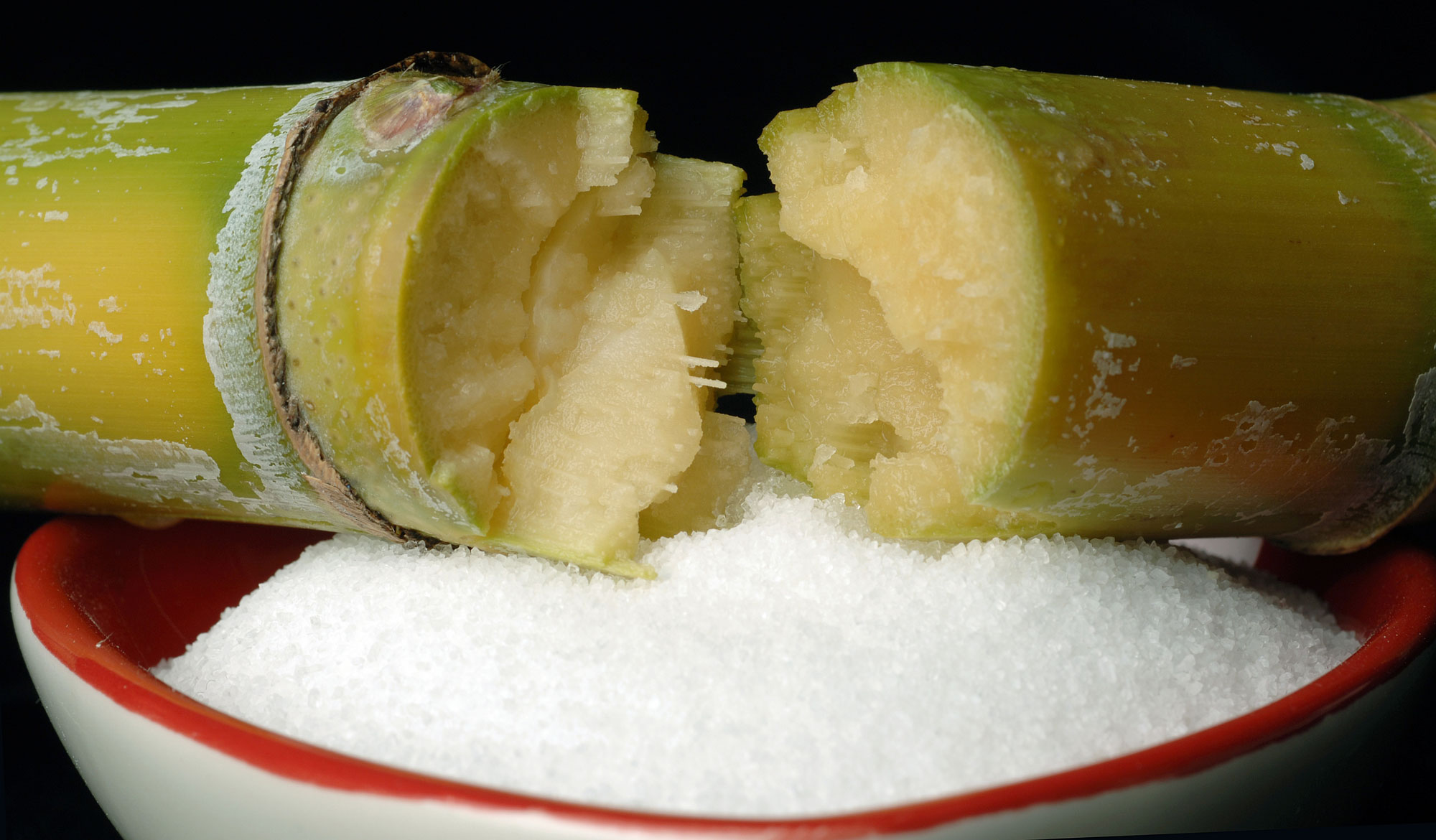Why Walking Stick Sugar Handling Chemicals Are Vital for Modern Sugar Refining
The duty of cane sugar processing chemicals in contemporary sugar refining can not be overstated, as they are important to improving both the efficiency of extraction and the general high quality of the final product. Representatives such as phosphoric acid and details flocculants are used to remove impurities, resulting in sugar that not only satisfies customer expectations yet additionally sticks to sector criteria.
Role of Processing Chemicals
The efficacy of walking cane sugar handling pivots considerably on the tactical application of processing chemicals. These chemicals play a critical role in enhancing the performance and quality of sugar extraction and refining. From the first phases of juice extraction to the final filtration steps, processing chemicals facilitate numerous critical operations.
In the removal phase, chemicals such as phosphoric acid and calcium hydroxide are employed to maximize the explanation procedure, assisting to remove contaminations and suspended solids from the cane juice. This not just enhances the yield yet likewise makes certain the quality of the end product. Additionally, representatives like flocculants help in the fast settling of impurities, thus improving the total process.
As the handling advances, chemicals are made use of in decolorization and condensation phases. Triggered carbon and ion exchange materials offer to eliminate shade and odor, ensuring that the polished sugar satisfies customer top quality requirements. Eventually, the role of handling chemicals expands beyond functional effectiveness; they considerably influence the sensory characteristics of the final product, contributing to market competition. Thus, the careful option and application of these chemicals are important for attaining optimal results in walking cane sugar handling.
Key Sorts Of Chemicals
Walking cane sugar processing relies upon a range of crucial chemicals that help with each phase of manufacturing. These chemicals play crucial functions in clarifying, bleaching, and purifying the sugar extracted from cane.
One primary category of chemicals consists of flocculants, such as polyacrylamide, which aid in the information process by promoting the aggregation and settling of pollutants. In addition, calcium hydroxide is often employed to neutralize acidity and help in the removal of non-sugar elements.
Bleaching agents, such as activated carbon and sulfur dioxide, are utilized to decolorize the syrup, leading to a clearer end product. These chemicals help get rid of color substances that might affect the sugar's appearance and bankability.
In addition, phosphoric acid acts as a pH regulator during the handling phases, guaranteeing ideal conditions for the chemical tasks associated with sugar removal and filtration.
Various other crucial agents include edta (ethylenediaminetetraacetic acid), which chelates metal ions that might catalyze undesirable responses, and salt hydroxide, which assists in pH control throughout the refining procedure. Collectively, these chemicals enhance efficiency and make certain a high-quality walking stick sugar product.
Advantages for Sugar Top Quality
Often ignored, making use of details handling chemicals dramatically improves the total top quality of cane sugar. These chemicals play a crucial role in refining procedures, ensuring that the last item satisfies stringent market criteria for purity and preference.

In addition, processing chemicals assist in attaining a regular granulation and structure, which are important for consumer acceptance. By controlling the crystallization process, these chemicals ensure that the sugar crystals create evenly, leading to a much more attractive item that liquifies well in different applications.
Additionally, the use of these chemicals can boost the life span of walking stick sugar by decreasing wetness absorption and microbial development. In general, the critical application of handling chemicals is necessary for supplying top notch Resources cane sugar that fulfills customer assumptions and sector demands.
Environmental Impact Factors To Consider

In addition, the energy-intensive nature of sugar refining, worsened by chemical usage, commonly causes raised carbon discharges. This adds to environment adjustment and elevates problems concerning the sustainability of existing refining practices. Furthermore, the sourcing of these chemicals may entail techniques that endanger biodiversity, such as monoculture farming, which decreases the durability of agricultural communities.

To mitigate these influences, sugar refiners are increasingly discovering sustainable options and taking on finest techniques that minimize chemical use. Applying extensive environmental management systems can assist make sure that the refining process aligns with ecological requirements and promotes biodiversity. Eventually, a balanced approach that focuses on both sugar high quality and environmental stewardship is important for the long-term viability of the sugar sector.
Future Trends in Refining
As the sugar sector comes to grips with the environmental challenges related to conventional refining methods, ingenious approaches are emerging to enhance both performance and sustainability. One significant fad is the adoption of environment-friendly chemistry principles, which focus on the use of safe, naturally degradable handling chemicals. This shift not just learn this here now lessens ecological effect yet also addresses consumer need for cleaner production methods.
Another promising growth is the application of advanced filtration modern technologies, such as membrane layer separation and adsorption procedures. These techniques enhance the clarity and high quality of the sugar while reducing the volume of wastewater created throughout refining. Additionally, the assimilation of electronic innovations, consisting of IoT and AI, is transforming operational performance by enabling real-time tracking and predictive maintenance, therefore like this minimizing resource waste.
Additionally, using by-products from sugar refining, such as bagasse and molasses, is getting traction. These products can be exchanged biofuels or value-added items, adding to a round economic climate within the sector. Collectively, these fads signal a shift towards more sustainable methods that not only enhance operational effectiveness however likewise line up with international sustainability objectives, guaranteeing the future viability of sugar refining.
Final Thought
Walking cane sugar handling chemicals are essential in modern sugar refining, substantially improving the efficiency and high quality of sugar extraction. The critical use these chemicals not just enhances the pureness and taste of the last item however likewise guarantees consistent crystallization and texture. As the industry significantly focuses on sustainability, the fostering of environmentally-friendly handling representatives is most likely to form future patterns in refining, eventually leading to greater quality products and extended life span for consumers.

Inevitably, a balanced method that focuses on both sugar quality and environmental stewardship is crucial for the long-term feasibility of the sugar sector.
Cane sugar handling chemicals are crucial in modern sugar refining, considerably improving the performance and high quality of sugar removal.